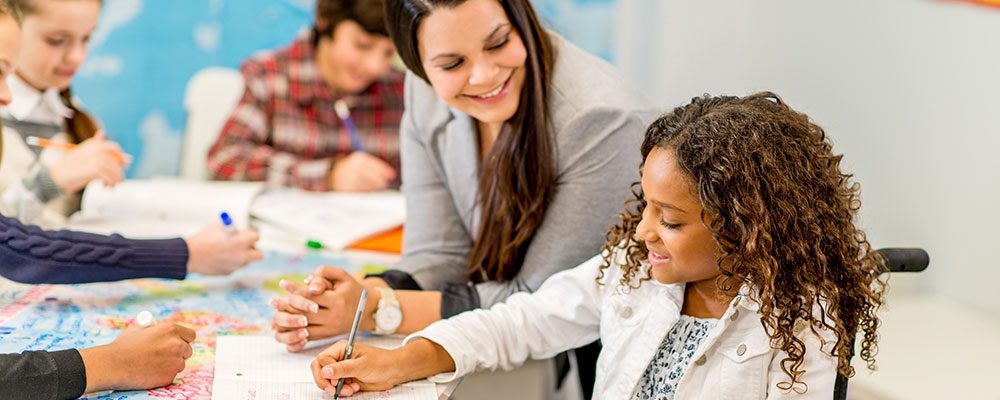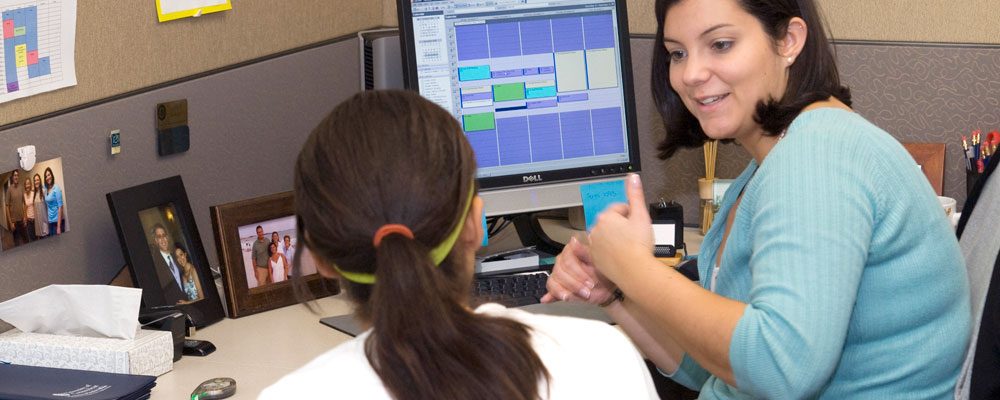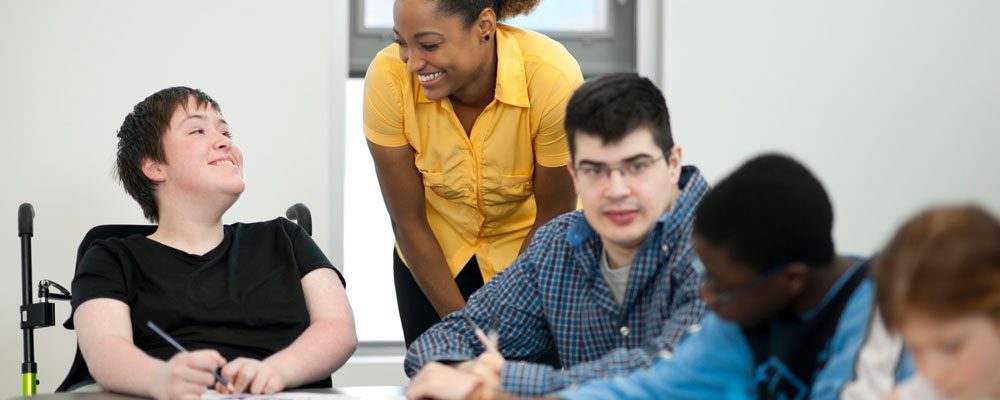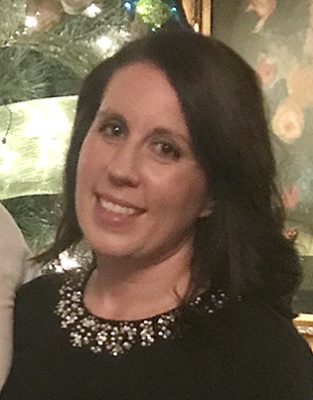This program will prepare you to address the challenges that high school students with disabilities face when transitioning from the K-12 education system into adult life.
12-Credit Online Graduate Certificate Program in
Special Education Transition to Adulthood
Are you interested in moving into the secondary special education field? Looking to enhance your current job credentials?
If so, take a close look at the University of Connecticut's (UConn) four course, 12-credit online graduate certificate program, Special Education Transition to Adulthood. This program will prepare you to address the challenges that high school students with disabilities face when transitioning from the K-12 education system into adult life, such issues as:
- Lower employment rates and lower wages than their peers without disabilities.
- Lower retention and degree completion rates for students in postsecondary education.
- Longer time frames for completing their degree.
- Difficulties adjusting to higher education environments.
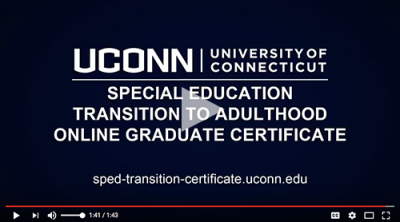 This growing population of students—now estimated to be 11% of college students alone according to the U.S. Department of Education—is in need of unique disability support services in the area of secondary transition. With your UConn special education certificate, you can make a real difference in the lives of high school students with a broad spectrum of physical and cognitive disabilities, including autism, learning disabilities, attention deficit hyperactivity disorder, among many others.
This growing population of students—now estimated to be 11% of college students alone according to the U.S. Department of Education—is in need of unique disability support services in the area of secondary transition. With your UConn special education certificate, you can make a real difference in the lives of high school students with a broad spectrum of physical and cognitive disabilities, including autism, learning disabilities, attention deficit hyperactivity disorder, among many others.
At the completion of the program's four special education courses, students will be able to:
- Learn how to interpret and apply current special education policy and law to practice, and gain the skills required to be professional and ethical educational leaders and advocates for students with disabilities.
- Examine relevant legislation and recommended practices related to person-centered transition planning for students with disabilities in post-school and adult life, including postsecondary education, employment, community participation and independent living.
- Gain a sound understanding of the common challenges facing students with disabilities as they transition to adulthood, while working directly with them to develop transition and community-based instruction plans.
- Create a portfolio through the final Capstone project that demonstrates your mastery of the teaching and administrative competencies necessary for implementing a successful secondary transition program for students with disabilities.
We are currently accepting applications for the Fall 2024 semester. The application deadline is June 21 at 11:59 p.m. EST. Apply now to avoid last minute processing delays.
In The News
Neag Researcher Studying College and Career Readiness for Students with Disabilities - June 2021
Dr. Allison Lombardi of UConn’s Neag School of Education continues a trend of excellence, earning multiple grants to continue her pivotal work researching college and career readiness for students with disabilities. To learn more about this development, read the UConn Today article...READ MORE
Dr. Lombardi Awarded $1.4M Grant - 2019
UConn’s Dr. Lombardi Awarded Multiple Research Grants – Learn more about this ground-breaking development in the Special Education field...READ MORE
What They Are Saying
KELLY LESTRANGE (Fall, 2020)
Special Education Teacher
“The program is structured in such a way that it is accessible for working professionals with families, like me. My ultimate goal is to become a transition specialist in a school district near where I live in New Jersey."... READ MORE
![]() New to Online?
New to Online?
HuskyCT, which stands for “Husky Course Tools,” is the name of our online course management system. The application we use is Blackboard Learn. Check it out
![]() Why UConn?
Why UConn?
The University of Connecticut is one of the top public research universities in the nation, with more than 30,000 students pursuing answers to critical questions in labs, lecture halls, and the community. Knowledge exploration throughout the University’s network of campuses is united by a culture of innovation. Learn More
